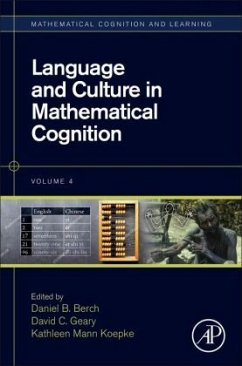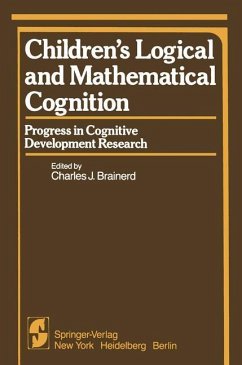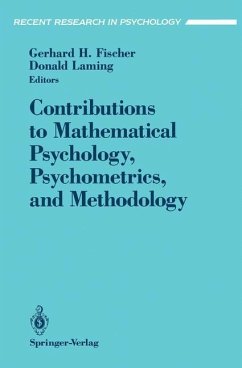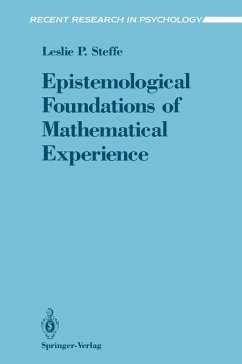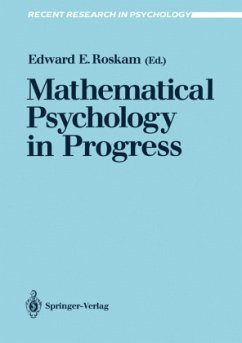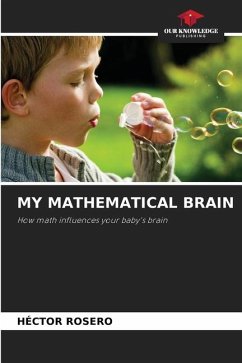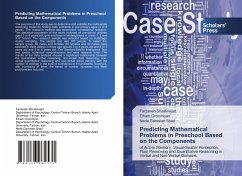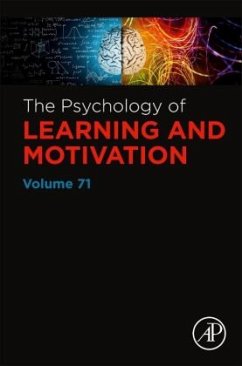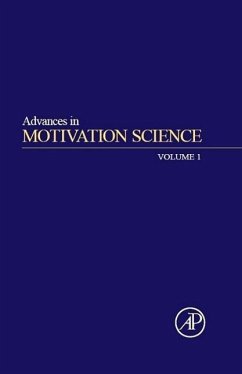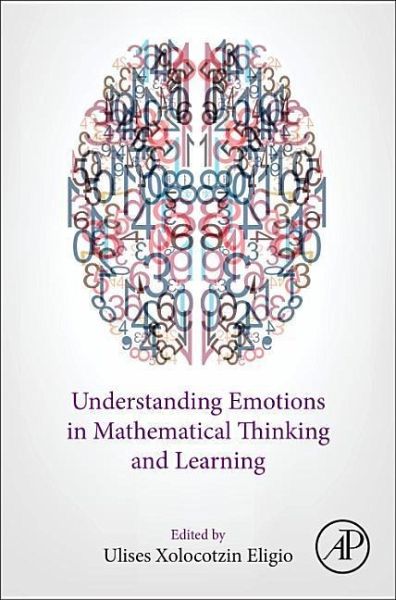
Understanding Emotions in Mathematical Thinking and Learning

PAYBACK Punkte
27 °P sammeln!
Emotions play a critical role in mathematical cognition and learning. Understanding Emotions in Mathematical Thinking and Learning offers a multidisciplinary approach to the role of emotions in numerical cognition, mathematics education, learning sciences, and affective sciences. It addresses ways in which emotions relate to cognitive processes involved in learning and doing mathematics, including processing of numerical and physical magnitudes (e.g. time and space), performance in arithmetic and algebra, problem solving and reasoning attitudes, learning technologies, and mathematics achieveme...
Emotions play a critical role in mathematical cognition and learning. Understanding Emotions in Mathematical Thinking and Learning offers a multidisciplinary approach to the role of emotions in numerical cognition, mathematics education, learning sciences, and affective sciences. It addresses ways in which emotions relate to cognitive processes involved in learning and doing mathematics, including processing of numerical and physical magnitudes (e.g. time and space), performance in arithmetic and algebra, problem solving and reasoning attitudes, learning technologies, and mathematics achievement. Additionally, it covers social and affective issues such as identity and attitudes toward mathematics.




